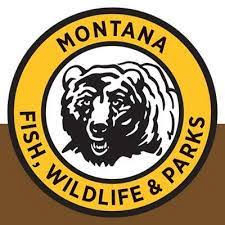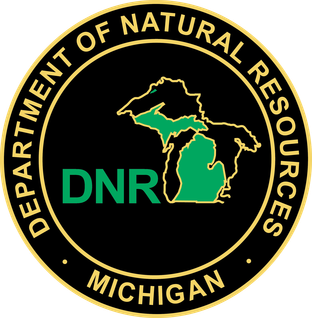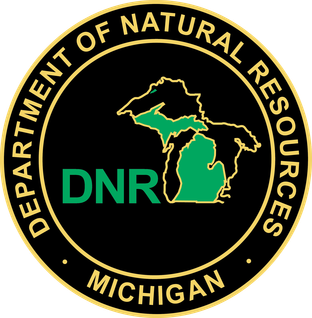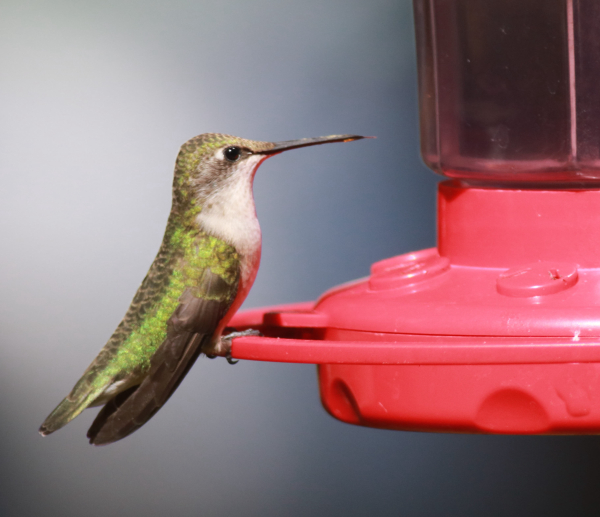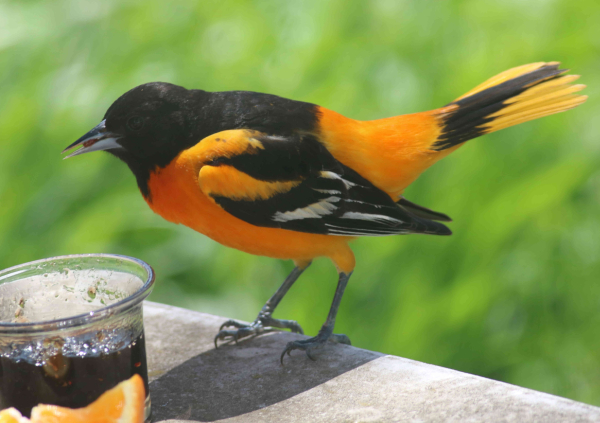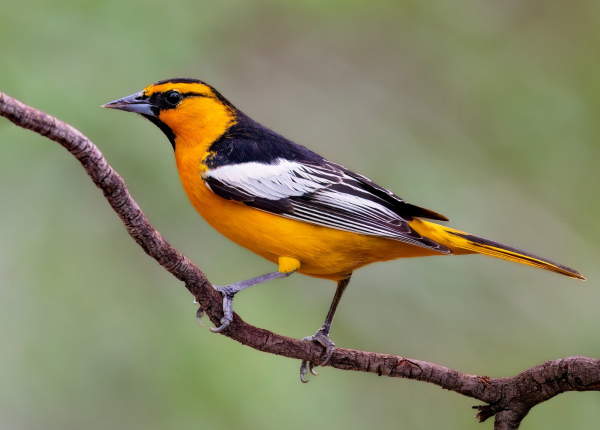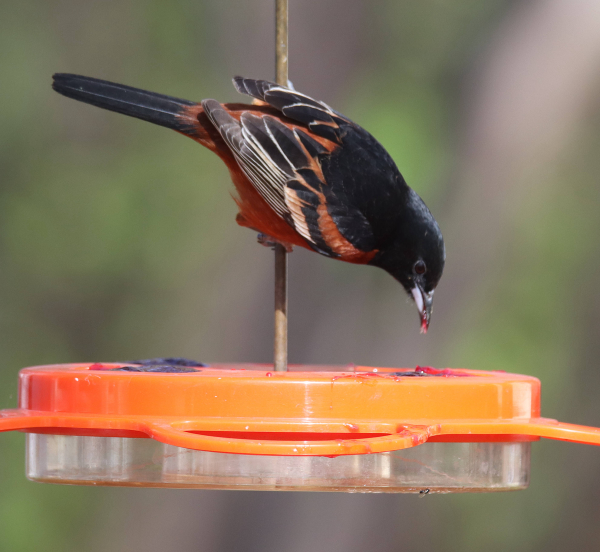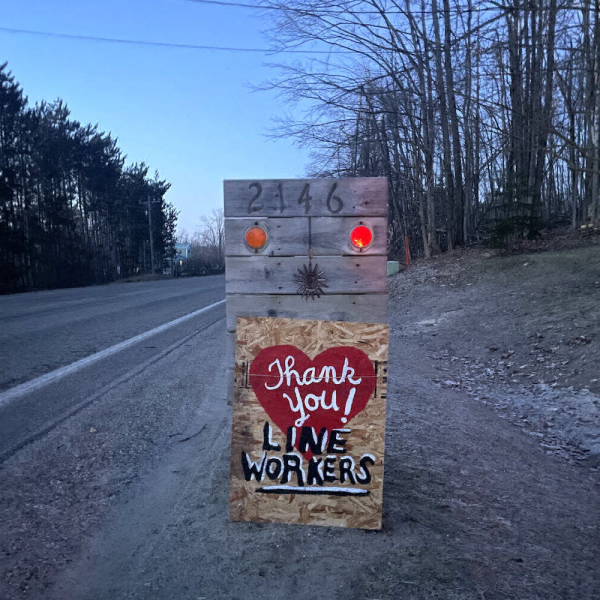In the middle of a long day of clearing fallen trees and branches from roadways near Lewiston, Mich., Jason Mittlestat was able to put down his chainsaw and enjoy an unexpected treat: lunch at a community meal.
Sponsoring the lunch was St. Francis of Assisi Catholic Church, which also provided hot showers and beds for people who couldn’t stay at home due to the ice storm that devastated parts of a 12-county area of northern Michigan starting March 30-31.
“It was donated food and all volunteers running it,” said Teresa Collins, church secretary. “One day we served 600 meals.”
Mittlestat, a Michigan Department of Natural Resources forester from Baraga, reflected on what will really stick with him from this effort: “Neighbors helping neighbors. People helping out,” he said. “That’s how people are getting out of this.”
His story caused us to ask a similar question to another crew member, then another and another at dinner last night.
We’ve talked extensively about the mission of clearing roads and access to communications towers. This time we asked our crews: “After all of this, what is going stick with you?”
None of those we asked talked about trees or roads.
Mittlestat’s coworker Todd Markham, also of Baraga, chimed in “The human spirit is to be kind. I don’t want people to think we’re bragging about the stuff we cut. So many people were out there doing all of this. Neighbor to neighbor. All over. And we got to see that.” Read more
